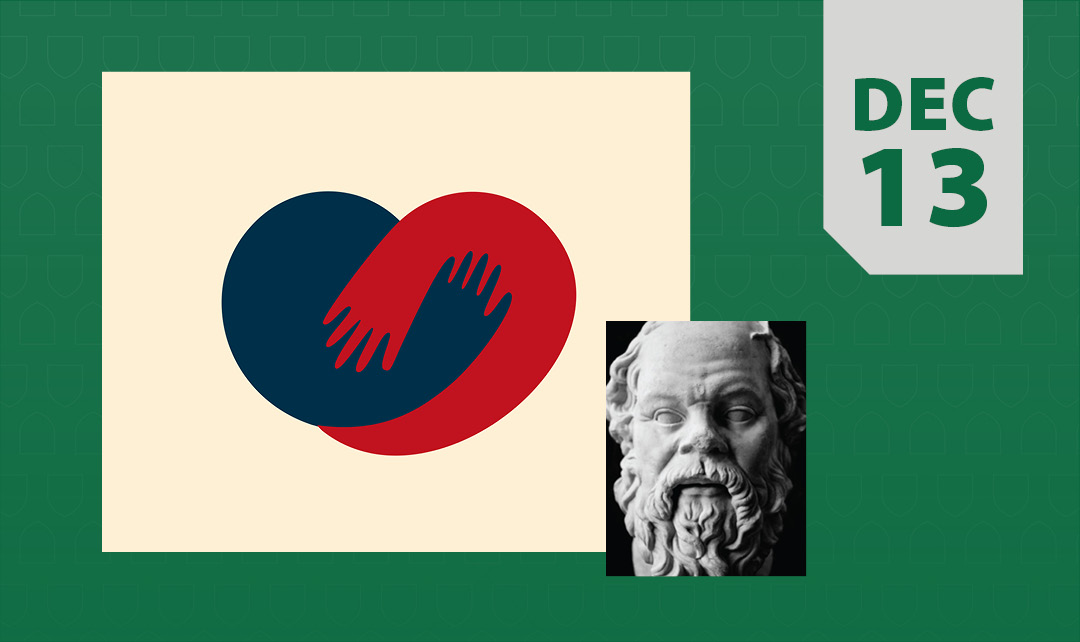
Care in Buddhism and Neoplatonism
A Philosophy in the Community event with STM philosophy professor Daniel Regnier
Date: Friday, Dec. 13
Time: 7 pm
Location: The Refinery, Emmanuel Anglican (formerly St. James) Church Basement, 607 Dufferin Avenue
Free and open to the public
About this event
Care in Buddhism and Neoplatonism
A Philosophy in the Community talk by Daniel Regnier, Professor of Philosophy, St. Thomas More College
Prominent and compelling ethical theories focus on formal notions like “duties,” “rights” and “obligations”. Others attempt to deal with ethical questions by evaluating as precisely as possible the outcomes of actions. And, of course, since antiquity it has been common to confront ethics by putting the agent - the “doer” - at the centre of the discussion and asking what kind of character traits this person ought to have. In recent years, attempts have been made to bring another dimension into the ethical discussion, that is, care. This notion focuses on particular commitments and on relationships between particular individuals. It engages the emotional self in ways that other approaches to ethics often struggle to account for. In this talk, I look at how the idea of care was developed and functions in two ancient philosophical movements: Buddhism and Neoplatonism. To be sure, these philosophical approaches see the nature of reality in ways which are very different from one another. So, I compare and contrast their approaches to care in the contexts of their respective theories of reality. I look at how in Buddhism care is generally understood as a response to suffering. I consider how in Neoplatonism care is seen as a fundamental constituent of the cosmic order. I ultimately suggest that there is much that we can learn by examining care in Buddhism and Neoplatonism.
Info: Philosophy in the Community webpage | sarah.hoffman@usask.ca


